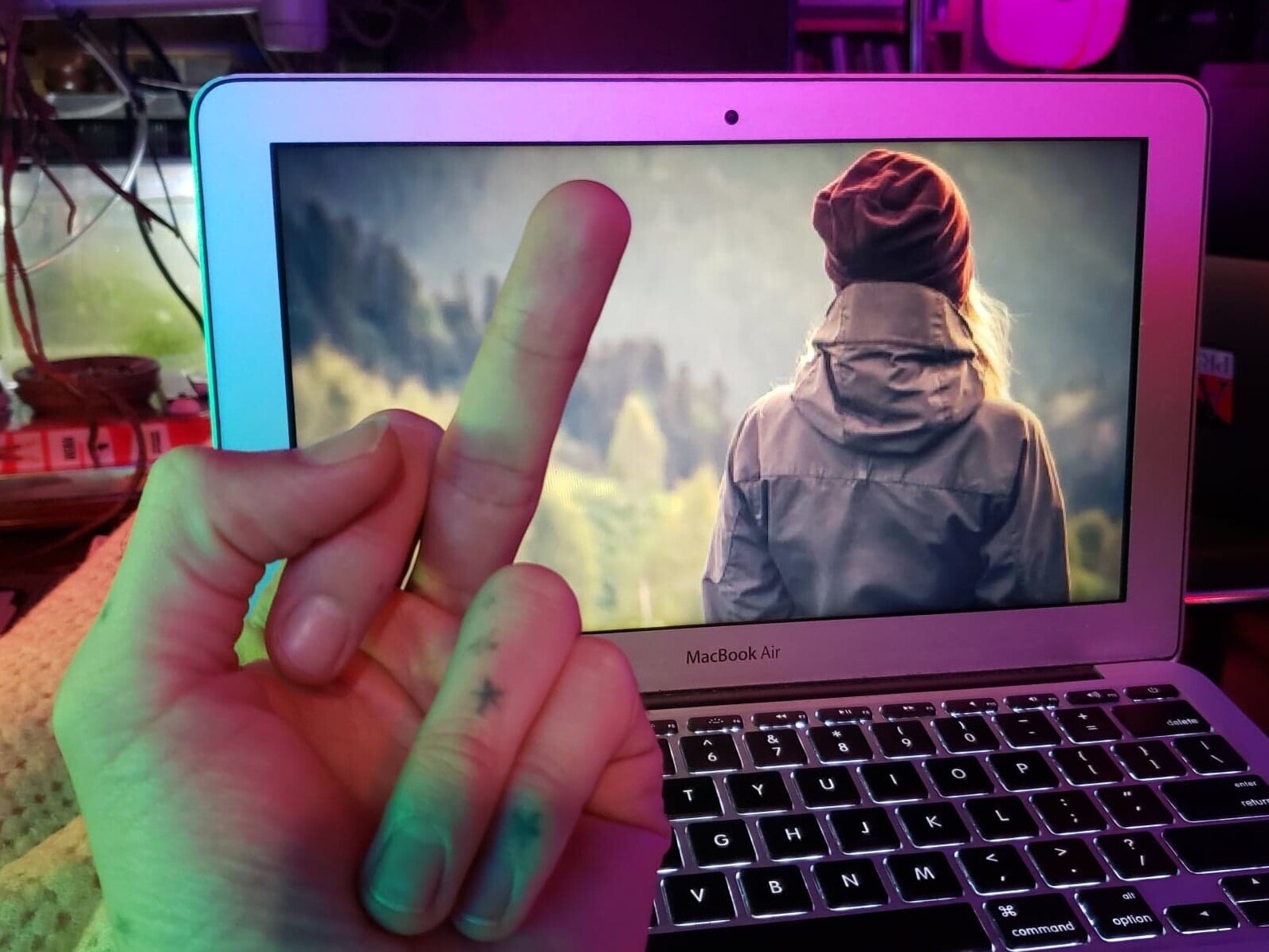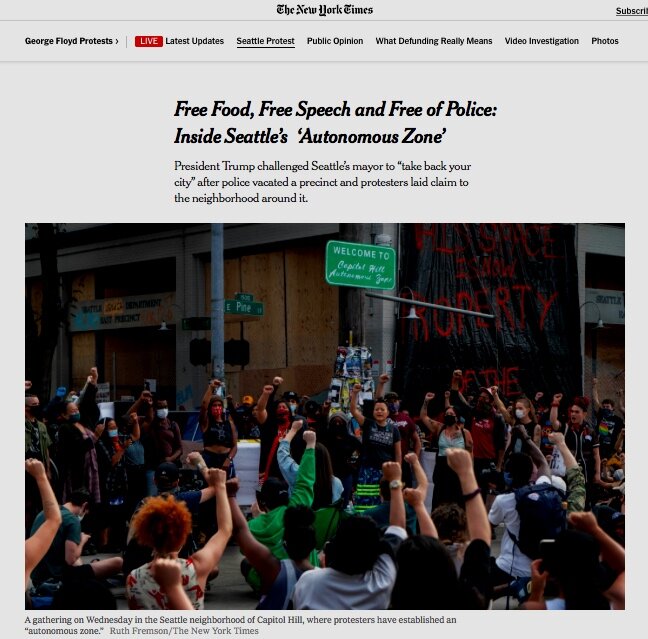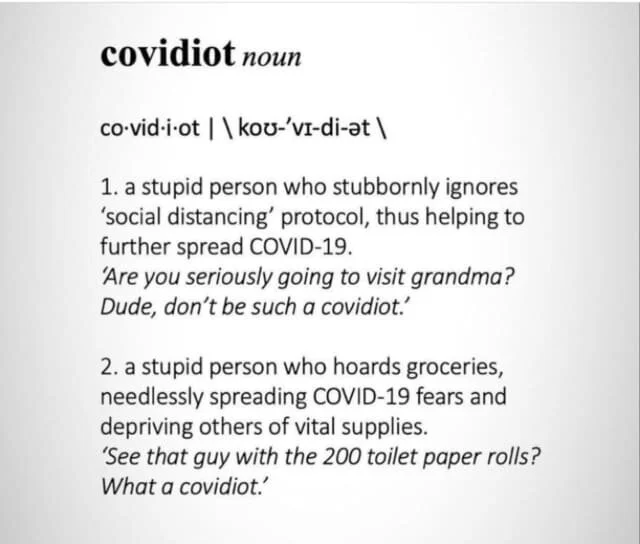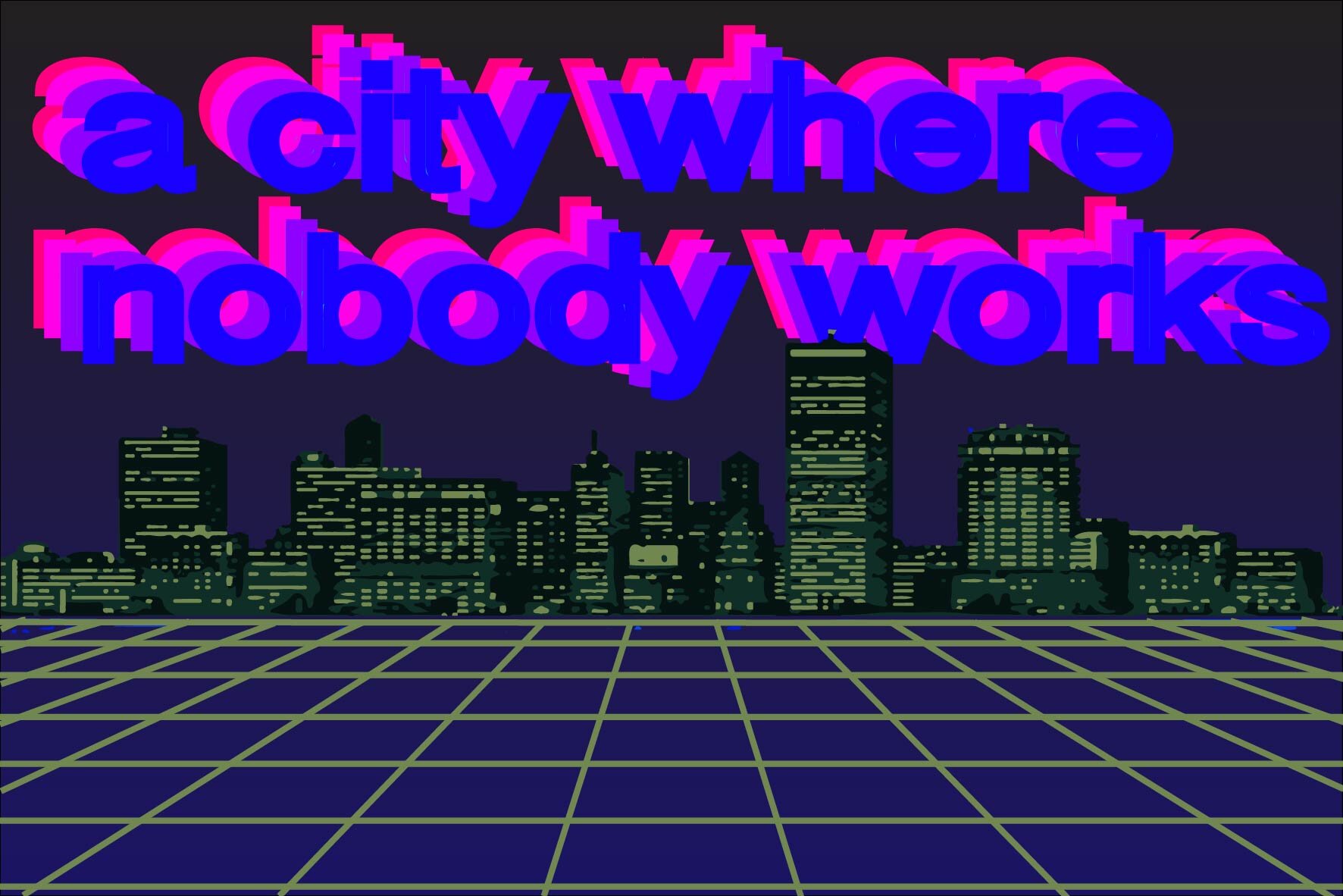In the summer of 2020, a friend wrote to me, asking me why, during the protests in the wake of George Floyd’s murder, I hadn’t been posting #BlackLivesMatter slogans or imagery. The following is (a slightly expanded version of) the response that I gave to that question.
* * *
Let me say that my core mission in life is to create a utopia without poverty, war, racism, sexism, horrendous inequality, unnecessary toil, systemic boredom and scarcity, etc. My politics are animated by this utopianism. Everything I do intellectually and politically is intended to be in the service of this.
And as part of this, I can hardly think of anything more pressing than the plight of African Americans (though poverty in the developing world and various existential risks are also there at the top of the list). Anyway, this sounds cheesy, but I feel committed to this on not just an intellectual, but a visceral—perhaps even ‘spiritual’ (if you want to call it that) level, and it’s been my goal for a long time.
I say this because I hope to convey that most of what I do is based on the hope of not just promoting, but actually achieving deep systemic changes in the world. It’s embarrassing to say in the era of virtue signaling, so I try not to make a big fuss about this.
I was there for the protests in 2008 when Oscar Grant was killed by the Oakland police, and have been at countless protests over the years demanding justice for police murders. But, I became a lot less declarative about my politics after the Occupy movement in 2011—not because my politics changed, but because my strategy changed.
In 2013 I distilled this non-declarative political strategy down into a (badly-written) essay, the basic contours of which are these:
-I see no strategic value in declaring my political identity—to do so would automatically mark me with suspicion among those who do not already agree with me, who I might otherwise have been able to influence.
-Another reason is that I want my identity to follow from my politics, rather than the other way around. Slogans, as declarative statements, demand a resolved and resolute figure standing behind them, and these days, I prefer to see myself as a complex, compromised, inconvenient and inappropriate cluster of deliberating voices—a static-ridden, Dr. Seussian machine of many functions that appear not to add up—at least not directly—shrouded in an aesthetic vapor cloud that further obscures a multiplicity of intentions. (As an aside, it’s my view that a better world may require certain nefarious elements to temporarily prevail at times, and others to be ascendant in strategically-useful ways, while other, more straightforwardly progressive and democratic forces win other battles and debates. I never back or support the reactionary side of a debate or a struggle, but sometimes I make my arguments strategically vulnerable to their incursions, while in other moments, I refrain from wading into a politically controversial morass—either because it is gridlocked and hopeless, or because it seems that the preferable side of a cause is gaining ground without my help.) Declarations are often barriers to critical, nuanced thought, and nearly always a foreclosure of strategic planning.
-Declarations are generally based upon critiques, and I do not want to over-rely on critiques, because critiques have some major flaws: first, critiques tend to rely on the very logic that they aims to criticize, since they are a reaction to an existing injustice or imbalance. If the main thing we do is critique the things we dislike, we will hardly have time to project how things might be better.
-Second, critique tends to abandon efficacy in exchange for purity. The radical theory collective Tiqqun puts it this way: “Critique would. . . claim to be all the purer and more radical the more it alienated itself from any positive grounding for its own verbal fabrications. In exchange for renouncing all its directly political claims, that is, in abdicating all contestations of the State's monopoly on politics, critique will be granted a monopoly on morality. It will now have free reign to protest, as long as it does not pretend to exist in any other way. Gesture without discourse on the one hand and discourse without gesture on the other—the State and Critique guarantee by the techniques specific to each (police and publicity, respectively) the neutralization of every ethical difference.” The critic is immediately visible because her intentions are the first thing out of her mouth. When we do declarative politics, we essentially inoculate the potential effect of our politics by making them unpalatable to those who do not already agree with us: “By revealing my hostility to a thing whose functions and determinisms I have grasped, I protect the very thing I want to destroy from myself, from my practice. And that—this innocuousness—is exactly what THEY expect when they urge me to declare myself a critic.”
My social media presence and political writings seek to reverse this. Instead of declaring (which I try not to do very often), I make demands and suggest reframings and solutions. This doesn’t mean that we can afford to have a world where nobody declares. I’m very glad that people are out there declaring, because it unleashes energy and makes struggles visible. I just see myself playing a different role (or series of roles).
All of that being said, I have specific thoughts on racism, sexism, and other forms of discrimination, which are that they demand material, rather than rhetorical solutions. No matter how much we promote tolerance and educate people not to be racist, we will still be stuck with the material conditions that create racialized oppression, systemic deprivation, and antagonistic interests that lead to more racism, etc. unless we remake our political and economic systems. In a similar way to how my dear kin and comrade Zarinah, instead of declaratively condemning rape and sexual violence or sexism, runs a transformative justice project that seeks to actually solve the underlying problems that lead to sexual (and other forms of) violence, I’m aiming to offer demands, provocations, and aspirations that change systemic conditions.
To be clear, then, I think declaration is extremely important, and if declarations were not already being made, I myself would probably be making them. If we’re going to change systems, we need many approaches (many angles of approach), many voices, and many strategies, all working at the same time.


















